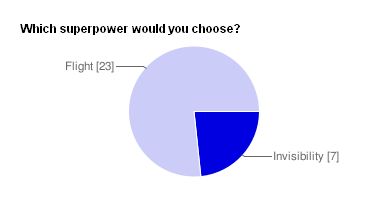I sat in on a bit of a firestorm meeting the 0ther night at my neighborhood school (where my children go, but where I do not teach). We have had an interim principal now for about 18 months and the school superintendent finally has decided to find a permanent principal. (The interim status is a complicated issue, stemming from a budget situation that may lead to the closing of one of our city’s elementary school, the unexpected departure of our last principal, and apparently, squabbles among the teaching staff at the school that required a calming, uniting presence).
We’ve had our own share of difficulties with the interim principal around the issue of discipline, but my wife and I know both know her, and she is a wonderful person. She has a huge heart, coming as she does as the head of the English Language Learners program. I just don’t think she has the right personality for a principal, although it was noted that she has been held back in many ways because of her interim status.
But I think the superintendent was taken aback by the level of concern that parents have about the interim principal and I was both relieved and concerned that many of the complaints echoed our own. (Relieved, because now I know it was not just me. Concerned, because the lack of real discipline is affecting the school climate). I sort of felt strange because the principal was not there to defend herself, and the superintendent had to keep deflecting issues for fear of stepping over the line of privacy and personnel issues.
The superintendent proposed three options for moving ahead:
- an in-district posting, which means that our interim would surely get the job — something even the superintendent suggested;
- a regional search in area newspapers;
- or a national search, which would require hiring a consultant.
It seemed to me, and to others, that the superintendent was leaning towards an in-district search, which alarmed us, so I hope our superintendent heard us, loud and clear, that we need to at least do a local search, but even better, do a regional seach in New England. Sure, it costs money. But you want as wide a net as possible, we argued. I reminded the superintendent of all the online spaces where you can also advertise for free or for limited cost.
I used an opportunity to speak about what I want in a principal, I told the superintendent that I believe we need:
- someone with a five-year vision for our school;
- someone who can collaborate with staff and the community but can make decisions when that time comes;
- someone who can create an identity for our school that we can be proud of;
- someone who can prepare our children for the future that is still unknown, by harnessing technology to collaborate and connect with others around the world.
The school still has a computer lab, where teachers drop off the kids and have their prep period. I hate this model because the projects and activities that my fourth grader are doing are the same exact projects that students were doing at this school when I was a student teacher there nine years ago. It’s all “create a powerpoint about an animal with clip art” and “play games.” That is NOT technology integration!
All around our neighborhood, and at the YMCA, and other spaces, parents were still talking about the meeting and they were trying to decipher what the superintendent is going to do about a search. If she decides to do an internal search, then she better be ready for a parent revolt because there were some pretty frustrated parents at the meeting who are not ready to settle for the status quo. I am one of them.
Peace (in our neck of the woods),
Kevin


 Yesterday, after a night of fairly warm temperatures mixed with snow, the world was covered in white and as I drove to the University of Massachusetts for a meeting, I thought: this has to be the most beautiful day of the year. The sun was just starting to come up, and the snow was sticky on the trees, and it was just a breathtaking view of New England.
Yesterday, after a night of fairly warm temperatures mixed with snow, the world was covered in white and as I drove to the University of Massachusetts for a meeting, I thought: this has to be the most beautiful day of the year. The sun was just starting to come up, and the snow was sticky on the trees, and it was just a breathtaking view of New England.